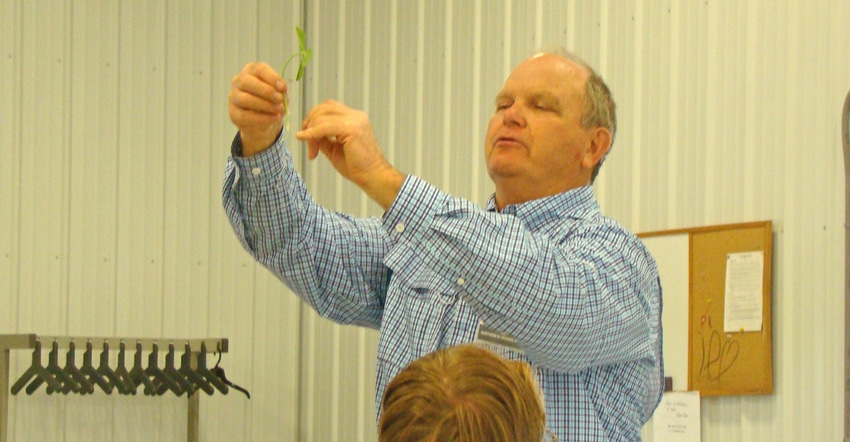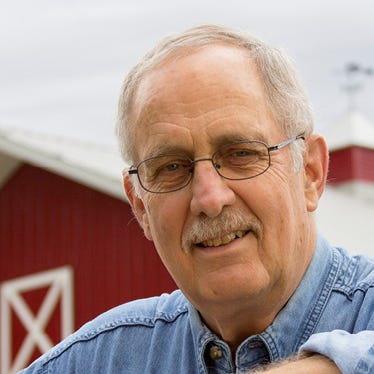July 22, 2021

Keith Johnson says that one of the most essential practices graziers can do is check pastures regularly.
“When you go out to check on the well-being of your critters, be sure to check on the well-being of your forages too,” says Johnson, Purdue University Extension forage specialist.
Johnson recommends these best practices for pasture management:
1. Move livestock regularly. Move livestock to the next paddock before grazing of regrowth in the current paddock can occur.
2. Leave residual growth. Leave 4 inches of residual growth when moving to the next paddock. The pasture should not look like a just-mown hay field — there should be some “factory” left so plants can continue photosynthesis.
3. Manage paddocks season to season. The last paddock grazed in the fall should not be the first paddock grazed in the spring. This paddock needs a spring recovery period before you put animals back into it for grazing.
4. Leave growth on purpose. Leaving half of the growth is not a waste. Instead, it protects developing meristems, which are fundamental to plant growth, from being grazed; results in deeper growing and more root mass; keeps the soil cooler; and keeps the photosynthetic factory functioning.
5. Practice rotational grazing. Rotational stocking provides an opportunity for accumulation of organic reserves necessary for plant function and persistence.
Below is a short video that dramatically demonstrates the difference between orchardgrass that has been overgrazed to 1 inch vs. grass that was left at 3.5 inches.
This video was originally filmed at the University of Kentucky. Thanks to Ray Williams, University of Kentucky Extension, for providing it.
Boone writes from Wabash, Ind.
About the Author(s)
You May Also Like






